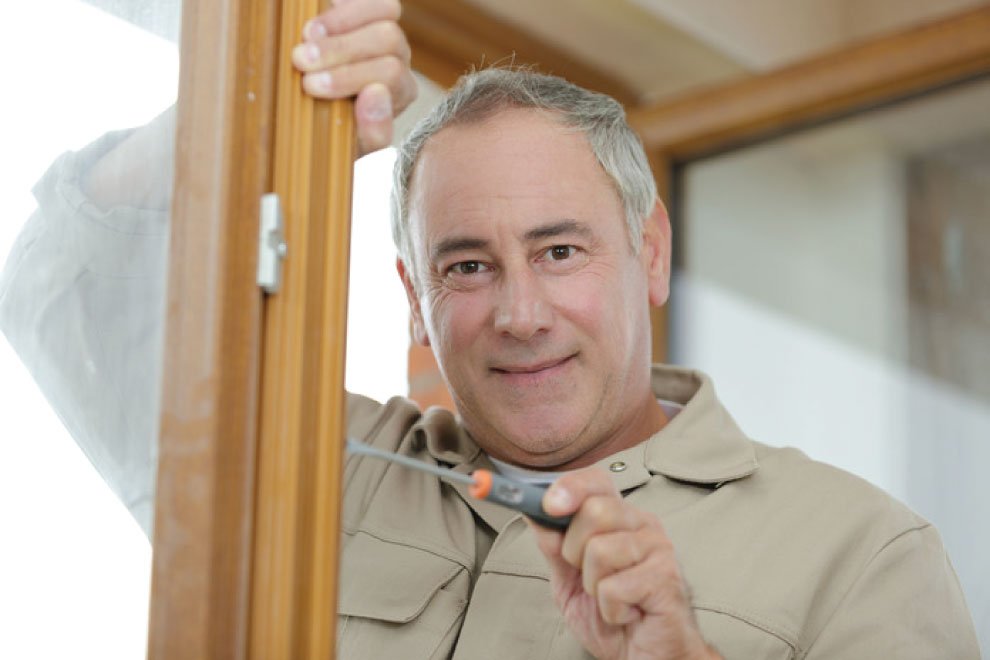Owning a home brings both joy and responsibility. Every homeowner understands the necessity of maintenance and occasional repairs.
Mastering basic handyman skills not only equips you to handle minor issues confidently but also deepens your bond with your home. Although professionals are available for specialized tasks, having fundamental handyman skills can be empowering and cost-effective.
Here are eight must-have skills for every homeowner:
1. Basic Tool Knowledge
Before embarking on do-it-yourself (DIY) projects or taking a home renovation program to hone your skills, it’s vital to know several tools at your disposal. A comprehensive toolkit includes essentials like hammers, screwdrivers, pliers, tape measures, and wrenches.
However, it’s not just about having the tools; it’s about using them correctly. Always use the appropriate tool for the task and prioritize safety by wearing protective gear, such as gloves and safety glasses, to ward off potential mishaps.
2. Home Inspection Basics
Doing regular home inspections may feel like stepping out of your comfort zone, especially if you haven’t done it before. But remember that they’re preventive steps against potential issues. Early detection can save homeowners not only money but also the stress of significant repairs. Some areas to inspect include the following:
- Roofs: Regularly inspect for damaged or missing shingles, and signs of water leakage, which can lead to structural damage over time.
- Foundations: Keep an eye out for cracks or signs of settling, which might indicate structural issues or potential water intrusion points.
- Basements: Monitor for moisture, mold, or unusual odors, which can be a sign of water damage or poor ventilation.
- Smoke And Carbon Monoxide Detectors: Beyond just checking batteries, ensure these devices are free from dust and test them periodically to ensure functionality, as they are critical for safety.
When done effectively, routine inspections ensure the safety and security of your living space.
3. Painting And Patching Walls

Nothing transforms a room like a fresh coat of paint. For optimal results, it’s essential to prep surfaces diligently and select the right shade of paint. Furthermore, homeowners should be adept at filling small holes and repairing drywall to achieve a flawless finish. With the right tools and techniques, such tasks can be executed seamlessly.
4. Basic Plumbing Skills
Unexpected plumbing issues like a malfunctioning faucet or a stubborn drain can disrupt daily routines. While specific plumbing problems necessitate expert intervention, many can be addressed with some basic plumbing knowledge.
To start, every homeowner should know the location of the main water shut-off for emergencies. Equip yourself with skills like fixing minor leaks or unclogging drains.
5. Basic Electrical Skills
Safety is paramount when dealing with electricity. Familiarize yourself with your home’s electrical framework, from circuit breakers to wiring types.
Always disconnect power when working with electrical components to prevent shocks or accidents. Knowing the layout and labeling of the breaker box can be invaluable during power outages or when troubleshooting.
Be watchful for signs of electrical issues, such as erratic lights or malfunctioning outlets. Recognize the limits of DIY electrical endeavors and enlist professional help when in doubt, keeping safety and local regulations in mind.
6. Home Maintenance Skills
Regular home maintenance is like a health check-up for your house, catching potential problems before they escalate. Through proactive care, you can maintain your home’s structural integrity and aesthetic charm.
Some crucial tasks include:
- Cleaning Gutters: A debris-free gutter system can prevent water damage and extend the life of your roofing.
- Maintaining Downspouts: Well-aligned downspouts direct water away from the foundation, preventing potential water damage and basement flooding.
- Window Care: Routine checks and repairs or replacements of window screens not only deter pests but also facilitate better airflow during favorable weather conditions.
- Sealant Checks: Sealants around windows, doors, and other areas tend to degrade over time. Periodic inspection and timely resealing can prevent drafts, water leaks, and improve energy efficiency.
Staying atop these tasks can mitigate future hefty repair expenses while ensuring your home remains welcoming.
7. Outdoor Maintenance Skills
Your home’s exterior sets its first impression. Basic landscaping, garden upkeep, and maintaining decks and patios, can elevate its curb appeal. Regularly check for signs of wear and tear, like chipped paint or damaged siding.
Season-specific tasks, like spring mulching or fall leaf removal, can accentuate your home’s beauty. Moreover, periodic checks on fencing and pathways enhance their longevity.
8. Appliance Troubleshooting
While household appliances are robust, they can sometimes malfunction. Whether it’s a refrigerator not cooling or a washing machine that won’t spin, having basic troubleshooting knowledge can be beneficial. Understand the common issues, refer to user manuals, and recognize when it’s time to call in the experts.
Final Thoughts
Homeownership is both rewarding and demanding. With critical handyman skills at your disposal, you can maintain your home in pristine condition, enjoying both the financial savings and the satisfaction of a job well done. Remember, safety comes first! Approach all DIY tasks with caution to ensure hassle-free home repairs.
Author’s Bio:
Alexis Thompson is a DIY enthusiast and home improvement expert. With a passion for empowering homeowners, Alexis shares eight essential handyman skills that every homeowner should possess. Her insights cover basic plumbing, electrical repairs, painting, and other fundamental tasks to tackle common household issues. Outside of home improvement projects, Alexis enjoys gardening, hosting DIY workshops, and exploring new home decor trends.
ALSO READ: 10 Soft Skills for Students for Personal and Professional Growth (First one is very important!)


